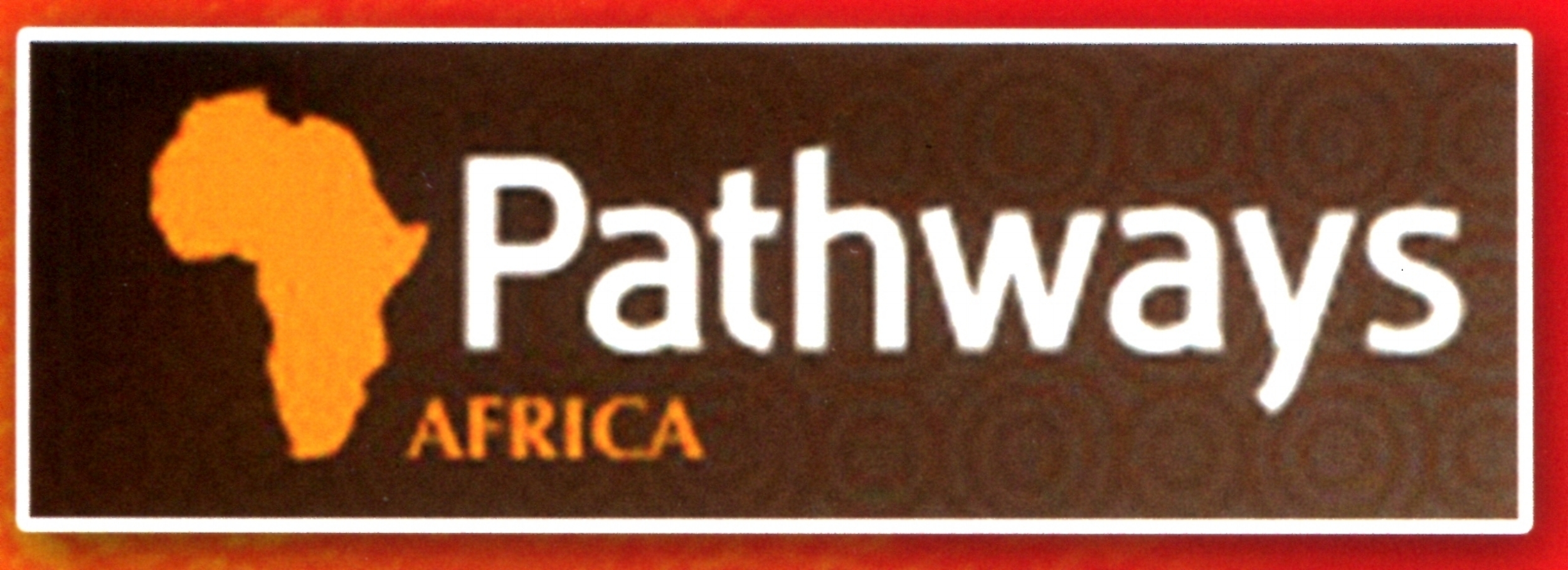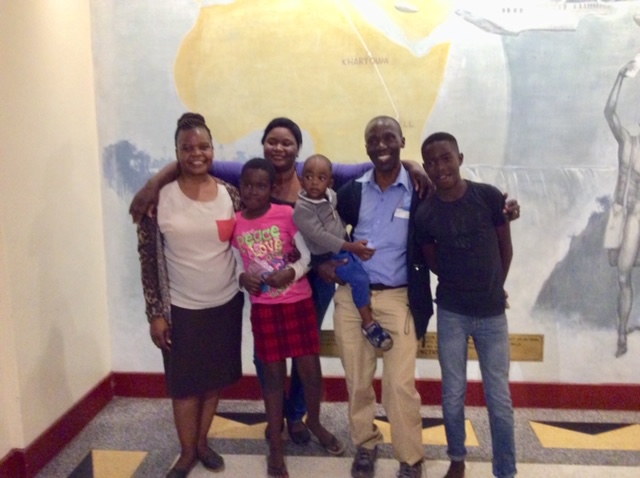pathways women empowerment
and girl child support
ABOUT
Through the efforts and ministry of Pastor Ernest Moyo and Community Leader Trymore Ndolo, we identified an acute need in the communities around Victoria Falls to supply sanitary products for the ladies of the area. What followed was the creation of Pathways Women Empowerment and Girl Child Support, a micro-enterprise officially registered with the Zimbabwe government. With the lease of a workshop and three sewing machines the training began!
The family of Pastor Ernest Moyo.
In September, 2018 Lowell and Linda Rice accompanied four expert seamstresses from California to Victoria Falls to teach four local ladies how to make the sanitary kits. For two weeks, the American ladies and four Zimbabwe trainees began to work together to ensure that the locally made sanitary kits were of the best quality and craftsmanship. Zimbabwe seamstresses, Susan, Lisa, and Gladys, are greatly appreciative of the support they have received through this new endeavor.
The project is now being directed by Pastor Ernest Moyo and Trymore Ndolo, our CEO. It is very significant that two African men are representing the women in their work and speaking in the community regarding the responsibility of young men, husbands, and leaders to recognize this acute problem in the life of every woman and girl. Along with the sewing ladies, they are providing education in community meetings for women and schoolgirls.
SANITARY KITS TRANSFORM LIVES & SOCIETY
Without a solution to manage their monthly cycle, one in ten girls in Sub-Saharan Africa may be infected with tetanus each year, many dying for lack of appropriate medical care. Additionally, girls in schools often miss several days each month because of the lack of supplies. During their cycle all women have been forced to use discarded newspapers or banana leaves which often carry the tetanus bacterium.
Now that the local women can make the kits themselves, Pathways-Africa is shifting our focus from carrying suitcases filled with the sanitary kits to providing material, thread and fabric for them to use. These products are not available in the same quality or quantity as in the United States. The plan is to take as much fabric (especially flannel) and PUL (for waterproofing the pads) as possible each time. The ladies are also now making waterproof diapers and receiving blankets for babies, both unavailable locally.
WHAT’S IN A KIT?
- 2 pairs new panties
- 1 new washcloth
- 2 bars of soap
- 2 ziplock bags
- 10 washable sanitary pads
- 2 washable waterproof shields
- Written instructions for use
When a woman or girl is given a sanitary kit, she receives education, health, and opportunity that would otherwise be missed. When a woman receives the tools to make sanitary kits and to educate others about the importance of menstrual hygiene management that cycle moves forward. Proper use of these kit ensures that the waterproof pads will last at least three years. Pathways-Africa hopes to provide women with the tools to make sanitary kits, so they can then sell the kits, keep the funds, and reinvest part of their income to buy their next batch of materials.
Through the assistance of Days for Girls and many California sewing ladies in community centers and churches, Pathways-Africa volunteers have provided hundreds of sanitary kits for distribution to the African women and girls. You can become a part of this great work too!
HOW CAN YOU HELP? Make a donation that will help fund:
- Thread, flannel, PUL, and other fabrics for sanitary kits
- A sanitary kit for school girls so they do not miss days in class ($10 for each sanitary kit)
- Sewing machines and/or maintenance
- Waterproof diapers
- Receiving blankets for babies
- Get Information about upcoming Safari Mission trips and witness this transformative micro-enterprise yourself!
Women are producing and selling the kits and using the profits to support their families while training others to increase the business and provide opportunities for the community.
When one provides a woman with the skills to make sanitary kits and to educate others about the importance of hygiene management, women are empowered.
June, 2019 - 20 travelers on the Rice Travel Safari and Mission Trip visited Jabulani Primary School and gathered with all 52 seventh grade girls to teach them about hygiene and the need to use safe, sanitary products during their monthly cycle.






